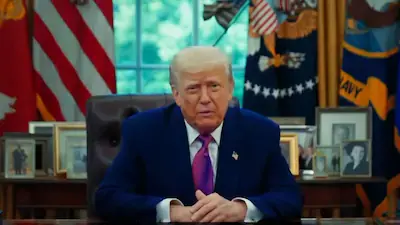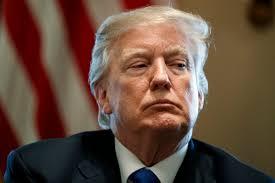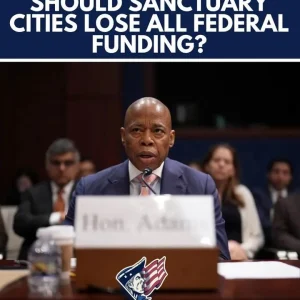U.S. President Donald Trump has sparked controversy with a recent announcement on his social media platform, Truth Social, where he stated he is considering redirecting $3 billion in federal grant money from Harvard University to trade schools across the United States. The proposal comes amid an escalating feud between the Trump administration and the Ivy League institution, which has been at odds with the president over issues including academic independence, diversity policies, and alleged antisemitism on campus. This bold move has ignited a heated debate about the future of federal funding for higher education and the prioritization of vocational training.

Trump’s statement, posted on May 26, 2025, described the potential reallocation as a “great investment” for the country, emphasizing the need for skilled trades education. He criticized Harvard, calling it “very antisemitic” and accusing it of withholding information about its international student population. The administration has already frozen approximately $3 billion in federal grants to Harvard, prompting the university to file lawsuits claiming the cuts are unconstitutional and retaliatory. Harvard argues that the administration’s actions infringe on its free speech rights and academic autonomy, particularly after the university refused to comply with demands to overhaul its admissions, hiring, and curriculum policies.
The proposed redirection of funds to trade schools aligns with Trump’s broader agenda to prioritize vocational training over traditional academic institutions, which he and some supporters view as promoting liberal ideologies. Trade schools, which focus on practical skills for professions like plumbing, carpentry, and electrical work, have seen rising enrollment in recent years, according to the National Student Clearinghouse Research Center. Supporters of the plan argue that reallocating funds could address labor shortages in critical industries and provide opportunities for Americans seeking alternatives to costly four-year degrees. They see it as a pragmatic move to bolster the economy and empower workers.
 However, critics, including Harvard and academic advocates, warn that stripping funds from research-intensive universities could have severe consequences. Harvard receives billions in federal funding, much of which supports scientific and engineering research, as well as affiliated hospitals like the Dana-Farber Cancer Institute. Freezing or redirecting these funds could disrupt medical research, halt ongoing projects, and impact thousands of students, including nearly 6,800 international students who make up 27% of Harvard’s enrollment. A federal judge recently blocked the administration’s attempt to bar Harvard from enrolling foreign students, calling it a “blatant violation” of constitutional rights.
However, critics, including Harvard and academic advocates, warn that stripping funds from research-intensive universities could have severe consequences. Harvard receives billions in federal funding, much of which supports scientific and engineering research, as well as affiliated hospitals like the Dana-Farber Cancer Institute. Freezing or redirecting these funds could disrupt medical research, halt ongoing projects, and impact thousands of students, including nearly 6,800 international students who make up 27% of Harvard’s enrollment. A federal judge recently blocked the administration’s attempt to bar Harvard from enrolling foreign students, calling it a “blatant violation” of constitutional rights.
The legal and political battle is far from over. Harvard’s lawsuits against the administration are ongoing, with the next court date scheduled for July 21, 2025. Meanwhile, Trump’s rhetoric, including demands for lists of foreign students to identify “radicalized lunatics,” has drawn condemnation from academic leaders and international figures. The proposal raises questions about the balance between government oversight and institutional independence, as well as the role of elite universities in a politically polarized climate. As the nation watches this showdown unfold, the future of federal funding for education hangs in the balance, leaving many to wonder whether this shift aligns with the priorities of American voters.






